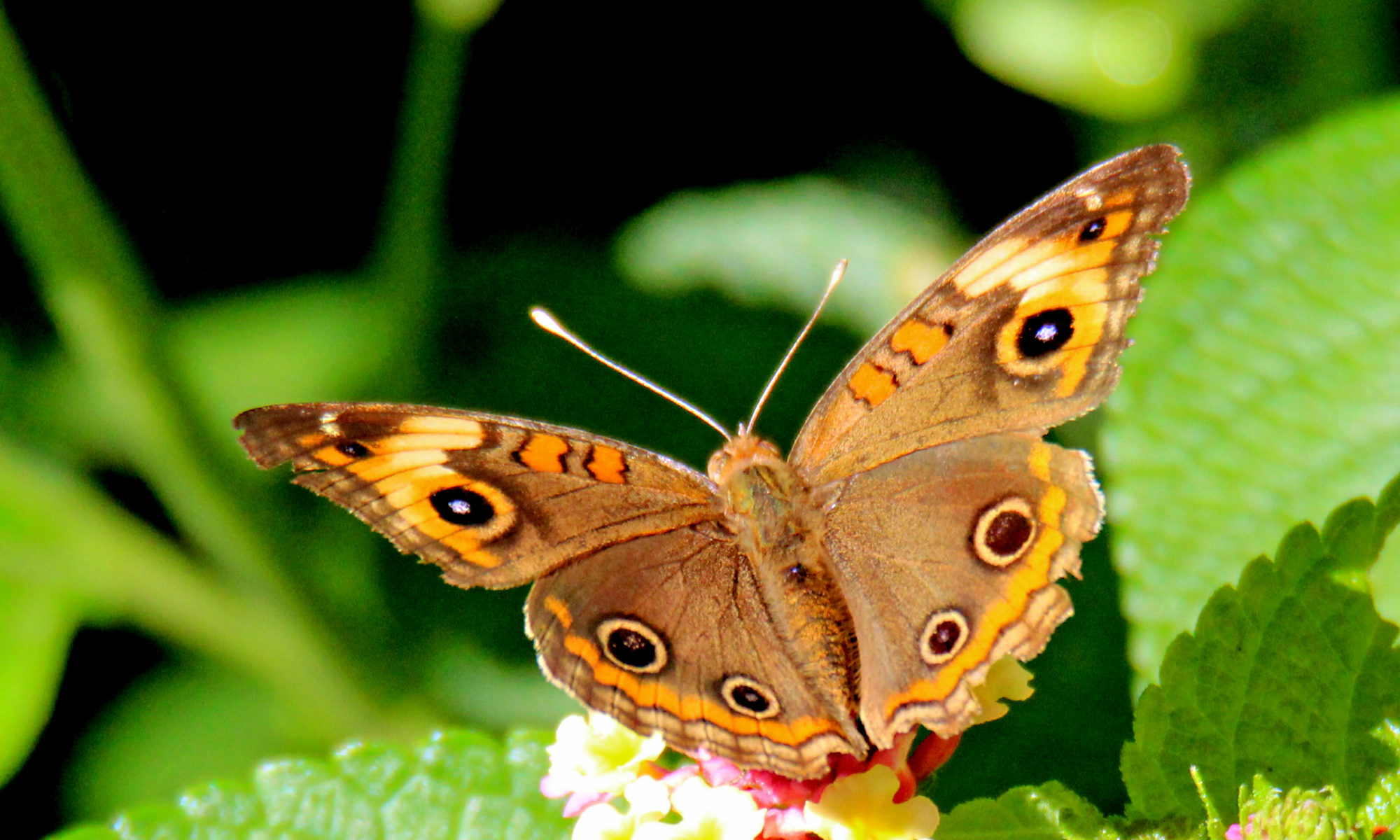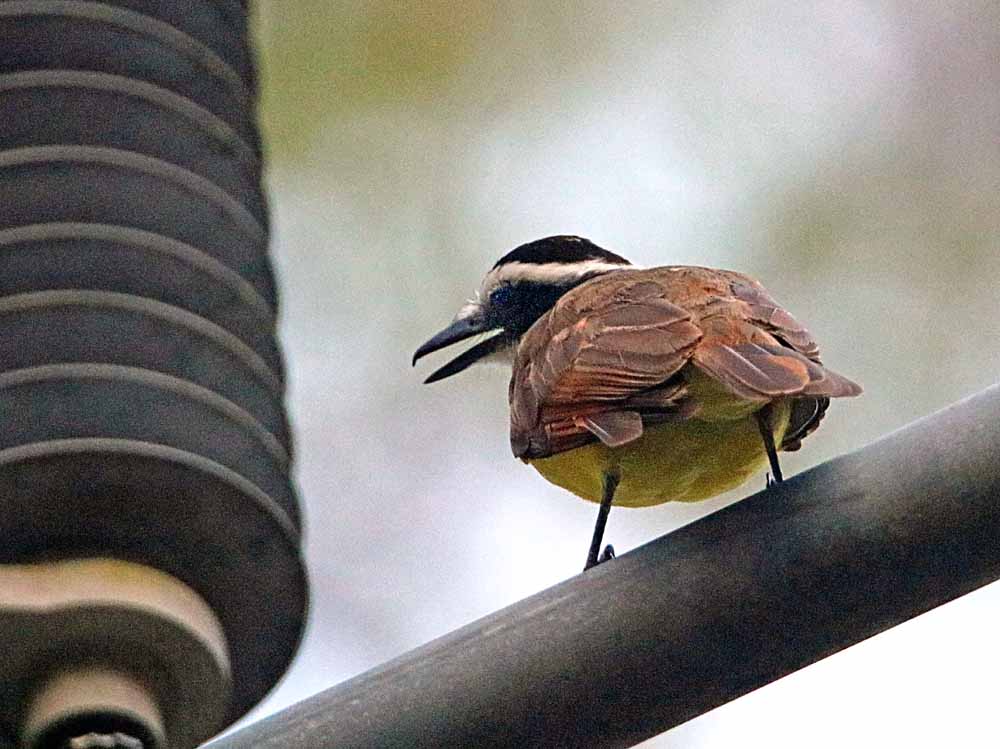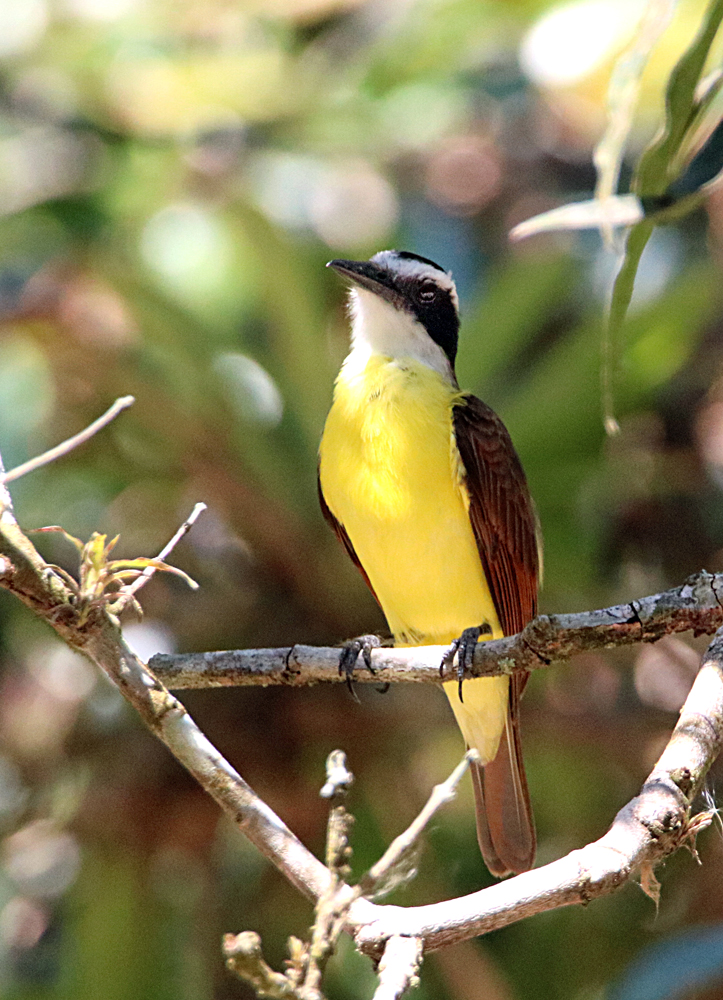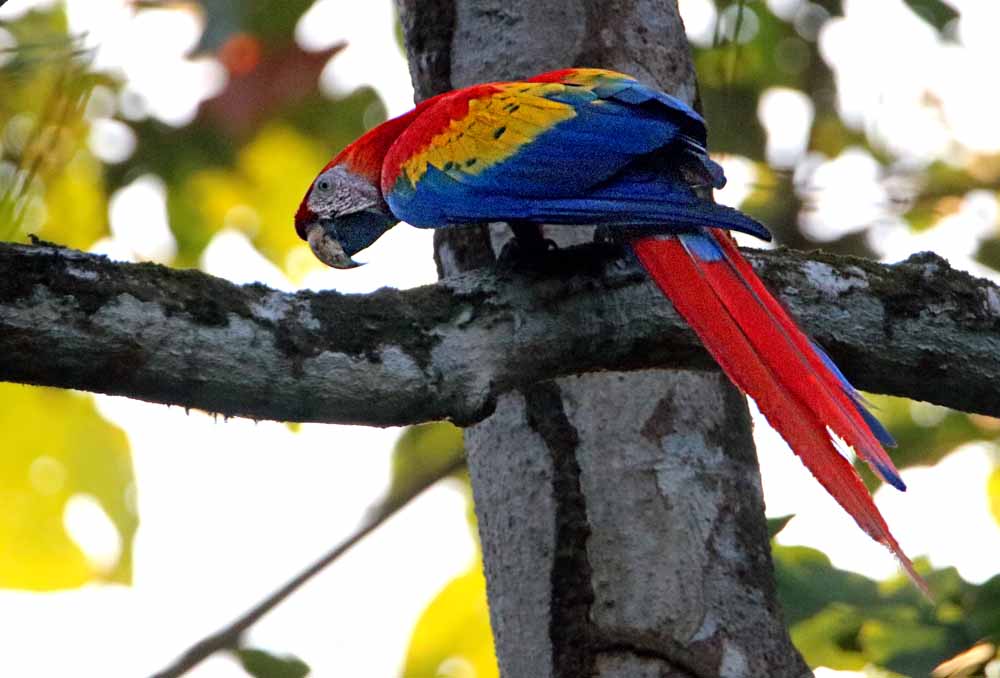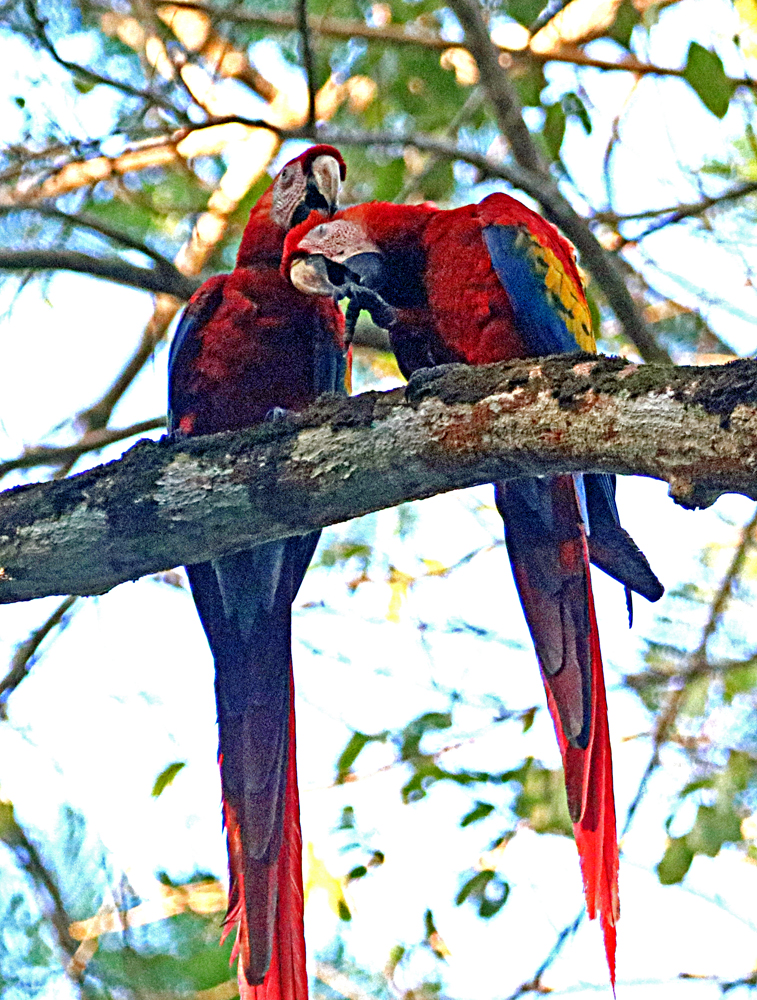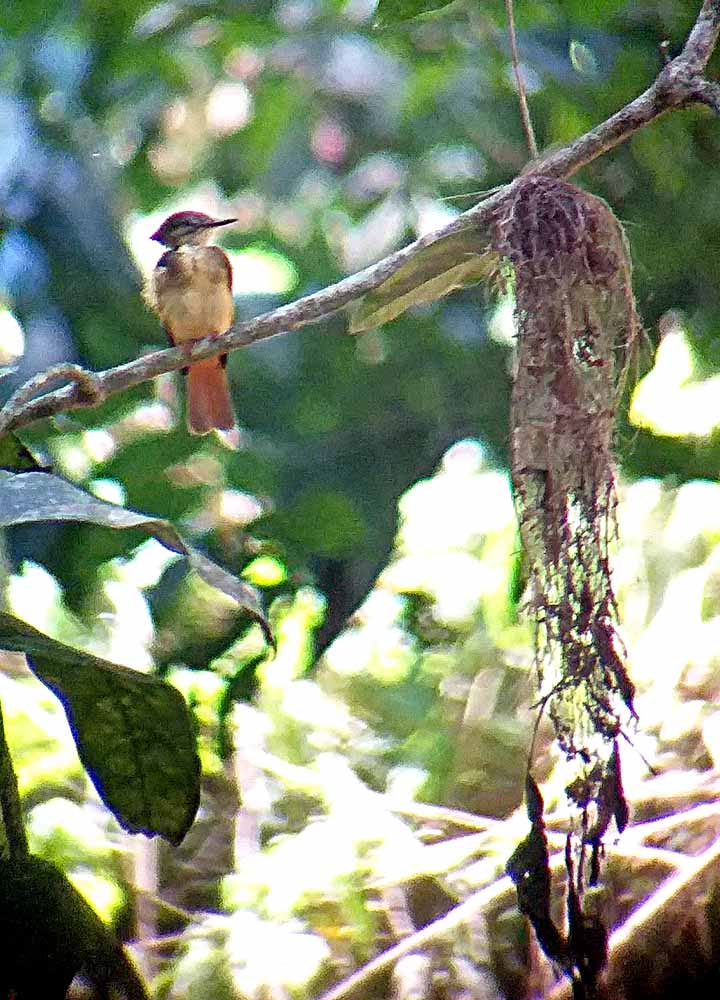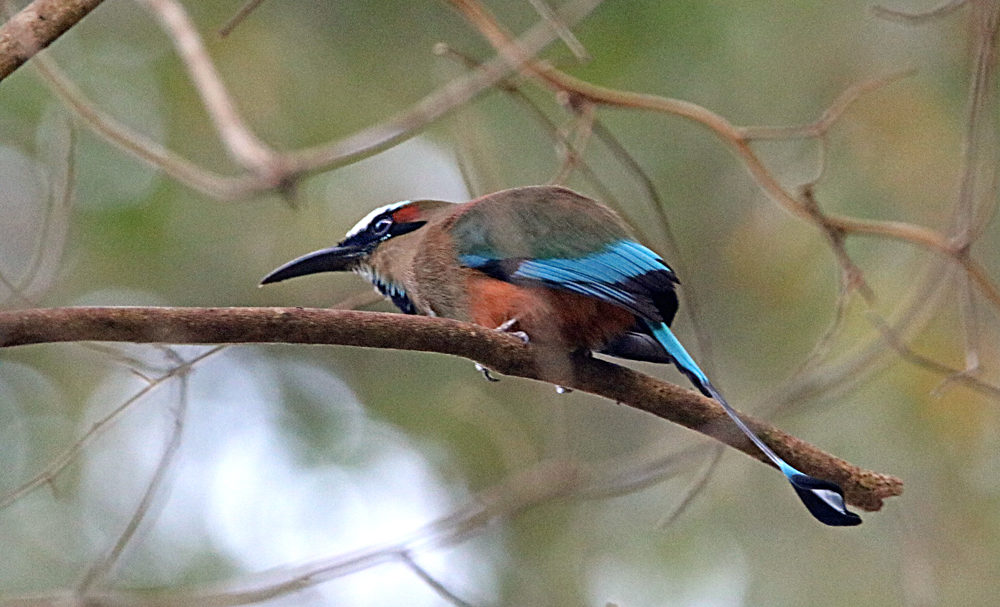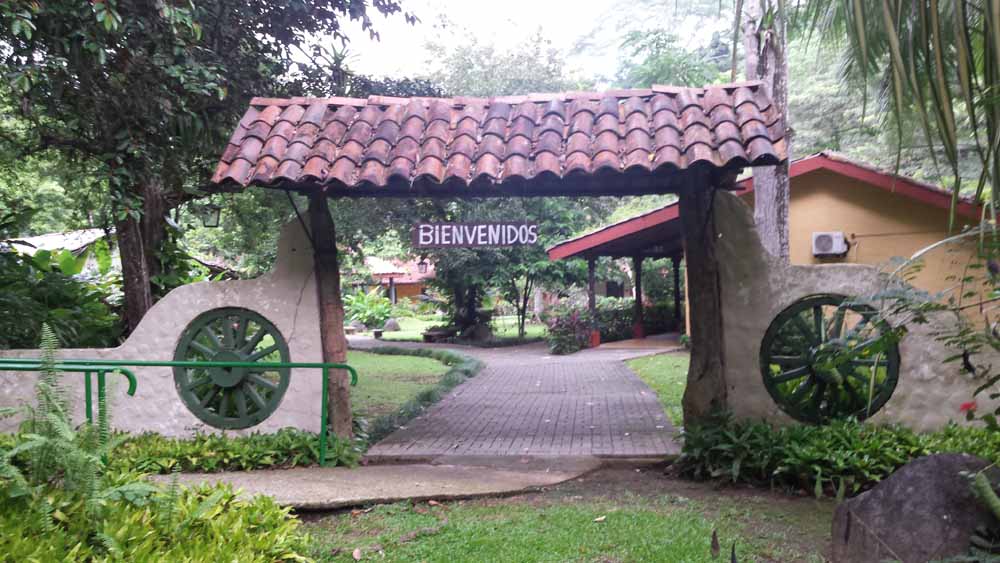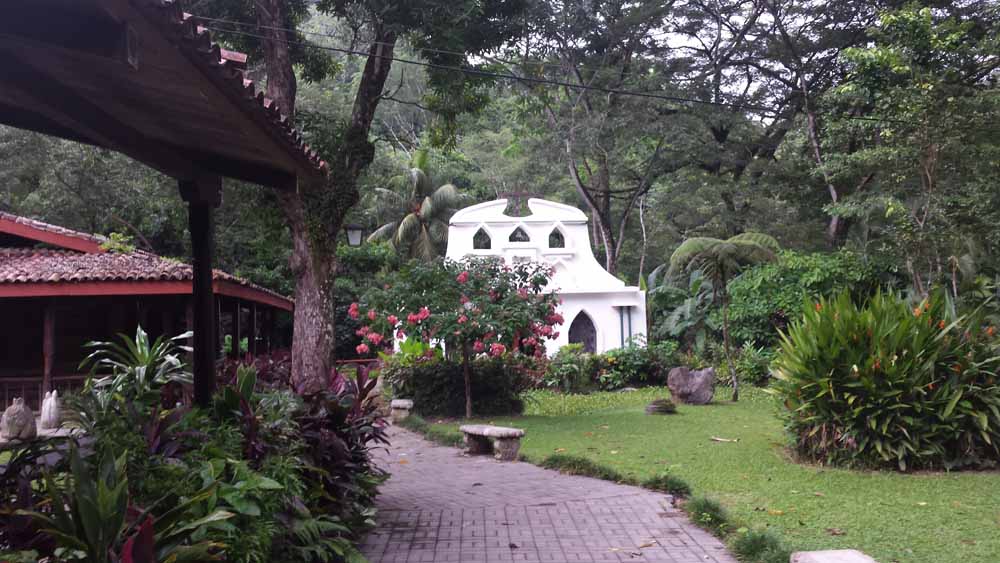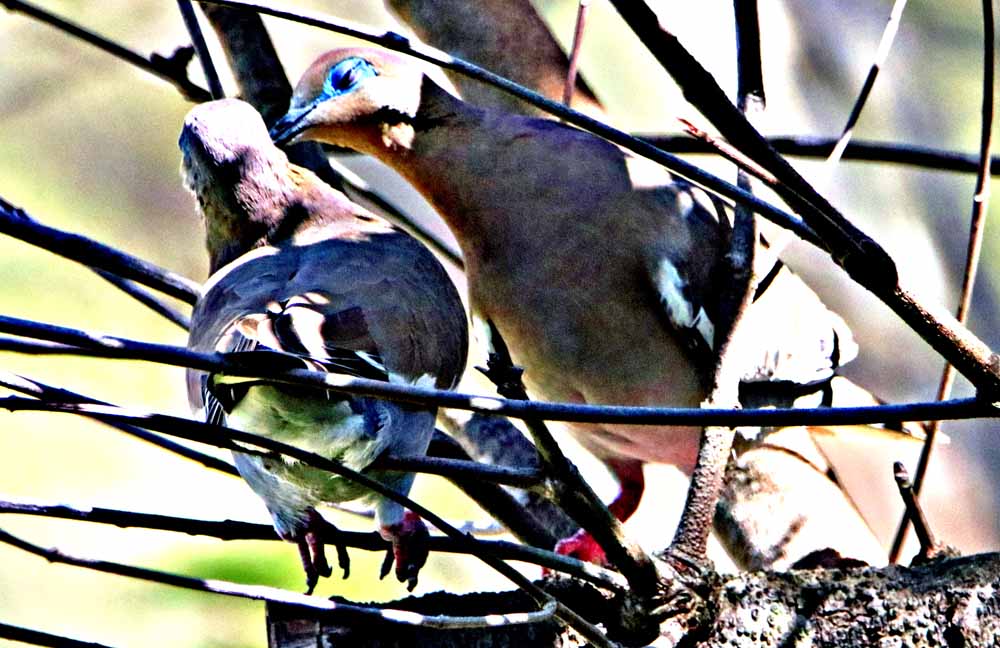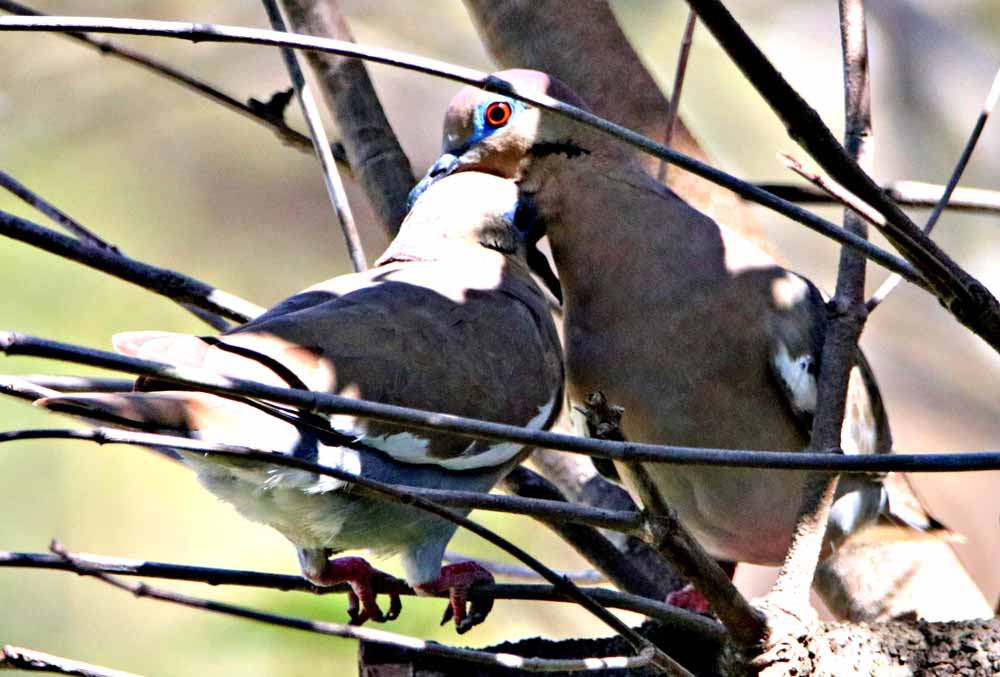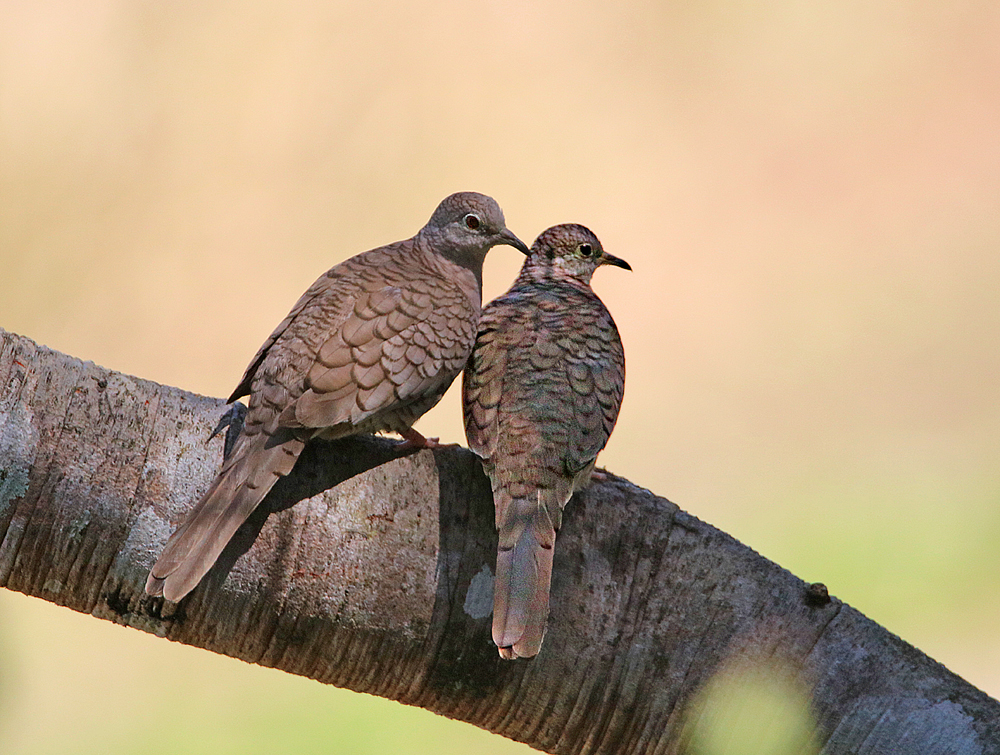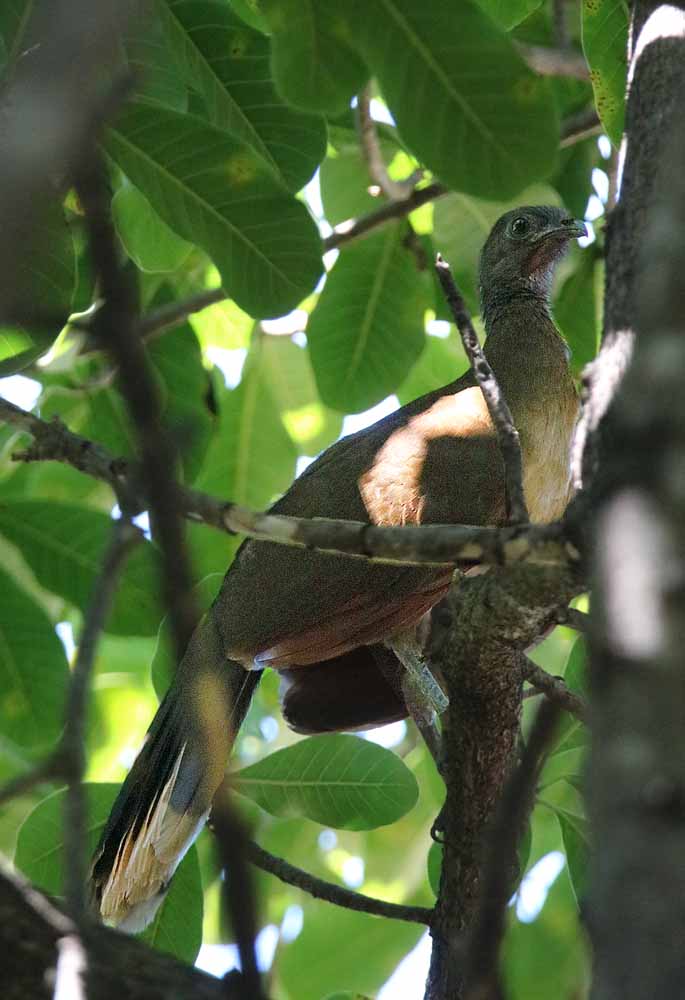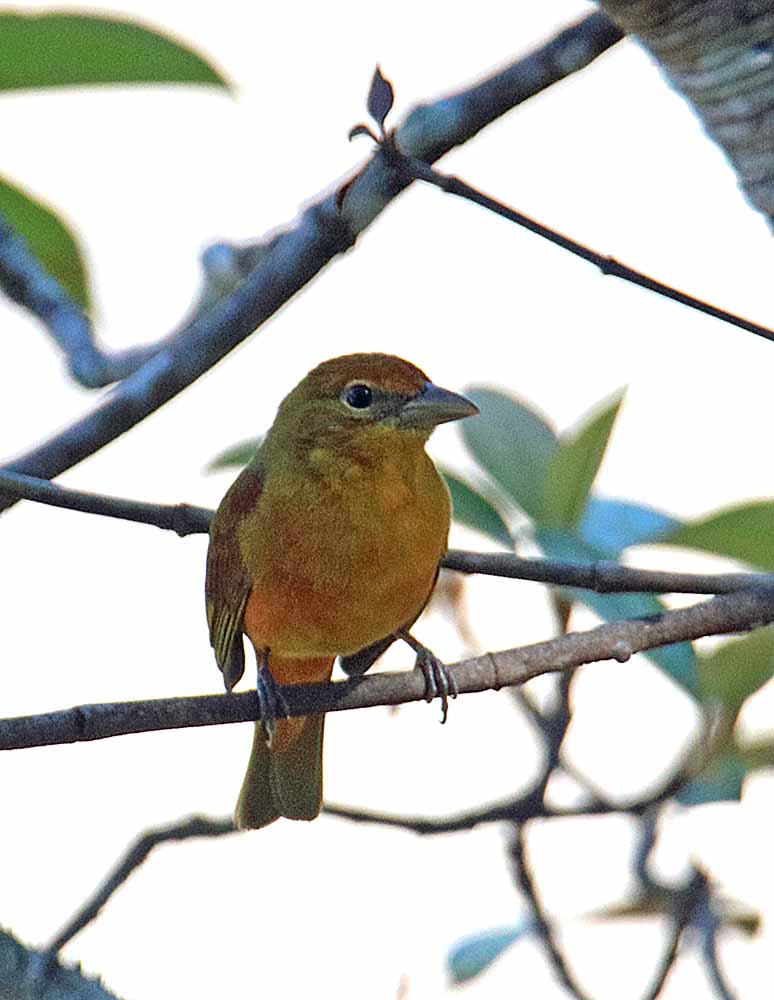Though I have another week+ of blog post photos already scheduled, I have now also got my “Trip Gallery” completed for the two-night visit to Villa Lapas Hotel (hotel link) in Tarcoles and it was a productive trip! 🙂 You can see all the photos from that visit last week by clicking the first page of the gallery below or go to this address: https://charliedoggett.smugmug.com/TRIPS/2024-March-11-13-Villa-Lapas-Tarcoles-Carara-NP
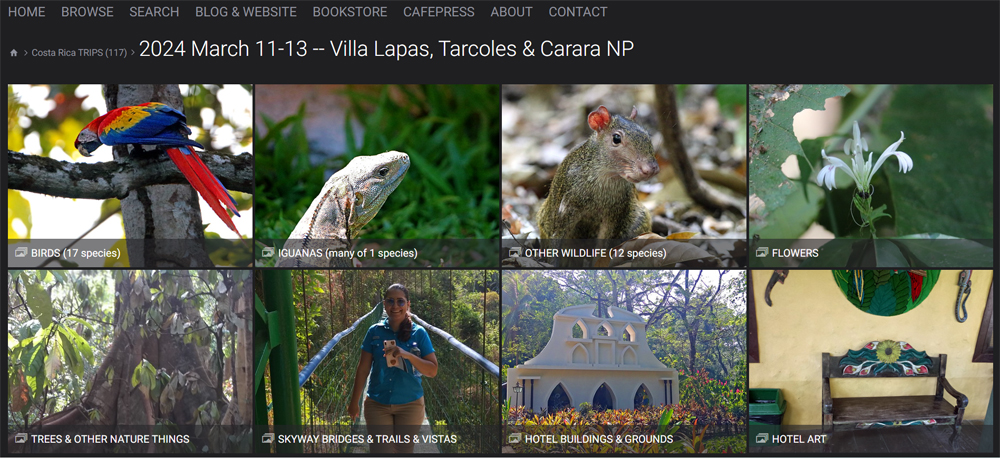
And the FYI about why I re-visited this older local hotel in Tarcoles now (2015 was my other time) is that next year (2025, Q4) Villa Lapas (hotel link) will become a Marriott “Signature” hotel, whatever that means, and of course the prices will increase significantly as they modernize the very old rooms and restaurant. So it will be interesting to see what happens! 🙂 It is adjacent to Carara National Park and across the highway from Tarcoles Village with the Rio Tarcoles Boat Tours, so a lot to do there for the nature lover like me, including on their own significant chunk of forest on the hotel grounds. I recommend it if you can put up with older facilities, often needing maintenance. Lots of nature there! See the gallery! 🙂
But ALSO NOTE: even though I’m glad I revisited Villa Lapas, my favorite hotel in the area is still Macaw Lodge on top of the mountain above Villa Lapas and Carara Park for much more nature on the lodge grounds! I encourage you to try Macaw Lodge (lodge link) even though the drive up the mountain, partly on a gravel road, is much more difficult. It is worth it!
¡Pura Vida!
